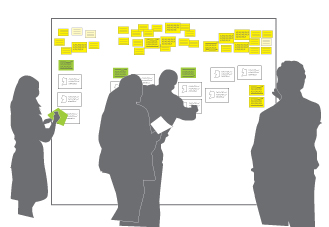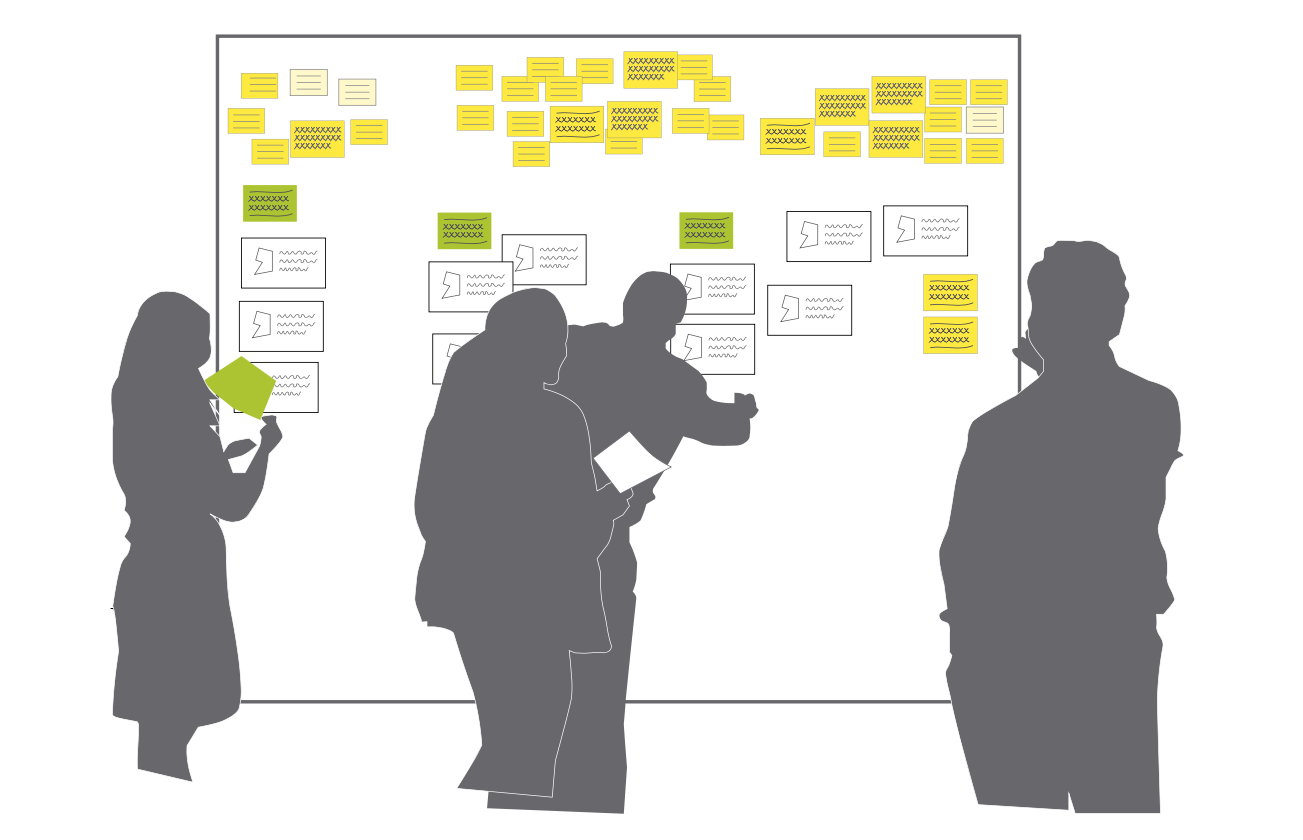 Via Experientia I came across Elizabeth Sarah Goodman’s PhD dissertation Delivering Design: Performance and Materiality in Professional Interaction Design. Goodman sets out to examine the question of how interaction design “demonstrates a special form of human thought”; a theme that resonates with the ongoing dicourse on design thinking as a special paradigm of knowledge. What really piqued my interest is that she approaches this question through the lens of performativity and practice, rather than the cognitive approach, which is still predominant in studies of design and creativity. From the abstract:
Via Experientia I came across Elizabeth Sarah Goodman’s PhD dissertation Delivering Design: Performance and Materiality in Professional Interaction Design. Goodman sets out to examine the question of how interaction design “demonstrates a special form of human thought”; a theme that resonates with the ongoing dicourse on design thinking as a special paradigm of knowledge. What really piqued my interest is that she approaches this question through the lens of performativity and practice, rather than the cognitive approach, which is still predominant in studies of design and creativity. From the abstract:
“This dissertation argues that performance practices organize interaction design work. By “performance practices,” I mean episodes of storytell- ing and narrative that take place before an audience of witnesses. These performances instantiate — make visible and tangibly felt — the human and machine behaviors that the static deliverables seem unable on their own to materialize. In doing so, performances of the project help produce and sustain alignment within teams and among designers, clients, and developers.
In this way, a focus on episodes of performance turns our concerns from cognition, in which artifacts assist design thinking, to one of enactment, in which documents, spaces, tools, and bodies actively participating in producing the identities, responsibilities, and capacities of project con- stituents. It turns our attention to questions of political representation, materiality and politics. From this perspective, it is not necessarily how designers think but how they stage and orchestrate performances of the project that makes accountable, authoritative decision-making on behalf of clients and prospective users possible.” (p 1)
Rather than answering the ones we’re already struggling with, this change of perspective leads us to consider new questions when studying design:
“a focus on episodes of performance turns the concerns of study from cognition, in which artifacts represent what individual designers are thinking, to one of practice, which sees documents, spaces, tools, and bodies as actively participating in producing and removing responsibilities, capacities, and agency.” (p 208)
